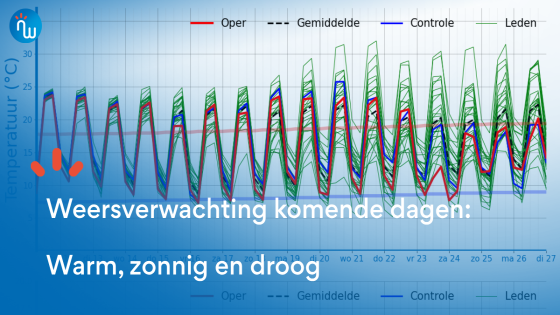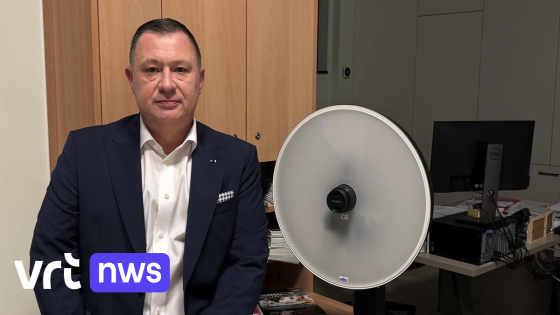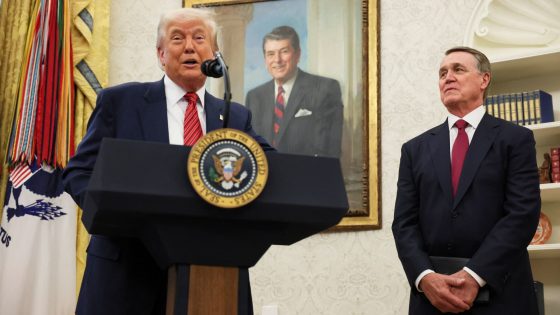This week, President Trump doubled tariffs on steel and aluminum imports to 50%, sparking significant discussions about the implications for the U.S. economy. As businesses grapple with the effects of these tariffs, many are left wondering how this will impact prices on everyday goods. On June 7, 2025, NPR’s Debbie Elliott spoke with Andrew Lincoln, owner of Lincoln Recycling, to explore the potential fallout in the metals industry.
- Trump doubles tariffs on steel and aluminum.
- Tariffs aim to boost U.S. production.
- Higher costs expected for various products.
- Recycling industry experiences mixed effects.
- Small businesses struggle with material sourcing.
- Skepticism about bringing manufacturing back.
Lincoln noted that while some businesses might see a short-term boost, the overall situation is complex. Higher commodity prices could lead to increased costs for consumers, affecting everything from cars to canned goods. Will this tariff strategy truly revitalize American manufacturing, or will it create more challenges for small businesses?
The uncertainty surrounding these tariffs raises critical questions about their effectiveness in promoting domestic production. Analysts suggest that while some sectors may benefit, many small businesses could struggle to source materials and maintain competitive pricing.
- Higher tariffs may lead to increased consumer prices.
- Small businesses reliant on imported materials could face challenges.
- Market volatility may hinder economic stability.
- Long-term effects on manufacturing remain uncertain.
As the situation unfolds, it’s essential for consumers and businesses to stay informed and adapt to these changes. Will the tariffs ultimately benefit the U.S. economy, or will they lead to greater challenges ahead?
































